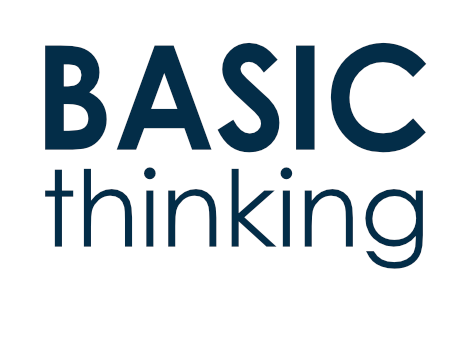Vom 1. Januar 2003 bis zum April 2008 war Gilberto Gil Kultusminister in der Regierung von Lula da Silva. Gil förderte in dieser Funktion unter anderem Open-Source-Projekte. In seinen letzten Jahren als Berufspolitiker geriet seine Amtsführung zunehmend in die Kritik, es wurde ihm unter anderem ein zu nachlässiges Verhältnis zu Geschäftsfreunden oder Mafia-Bossen vorgeworfen.
Die Rede, die er auf Googles Zeitgeist 08 gehalten hat, ist überaus lesenswert (oder sehenswert, wie man will, ab Min. 24:00 gehts los)
so heißt es u.a.
If we look at the new digital possibilities we could easily conclude that they bring a built-in revolutionary device in them selves. Digital Culture initiatives, can play a fundamental role in shaking away the inertia of the traditional politics that has secluded society from public life, generating a vacuum of critical political thinking and even producing cynicism, especially in governmental sectors. We need to aknowledge that traditional politics is failing in advancing democracy and social development. The conversion of the digital technologies, has created around the Internet a totally peaceful revolution. A bottom up unrest, happening everywhere, which I see as a very positive sign of the rising of a non governmental political movement that I believe to be a direct and matured result of cultural and countercultural movements of our most recent history, in their increasing power to influence public policies.
It is the rise of a peer to peer culture. Peeracy!
…
I want to quote my friend Lawrence Lessig, a great contemporaneous thinker and activist; in his book CODE 2.0, he points out to the necessity of new forms of regulation to guarantee the new forms of freedom and human connectivity. Lessig defends the necessity of the presence of the state to guarantee that the internet survives into maturity with its radical social-innovation potential fully in place. For that (he points out) we have to discuss a new political understanding of governance. That if we want to guarantee the collective and emancipating existence of cyberspace, we need to come up with a brand new regulatory framework of thoughts otherwise these libertarian possibilities created by digital technologies will be amputated.
Wird Zeit, dass ich mir Lessigs Buch bestelle. Was man da oben btw anspricht -weiß nicht, obs jedem klar ist- ist nichts anderes, als das Bild einer politischen und gesellschaftlichen Revolution, die schleichend voranschreitet, die heute schon stattfindet! Das ist die eigentliche weapon of mass destruction, nicht die Physische, vor der sich bspw. die USA so sehr fürchten und eine, die angeblich nicht töten wird. Abwarten. Ich bin wohl zu zynisch ob unserer grundlegenden Fähigkeiten zu einem echten Miteinander eingestellt.




















